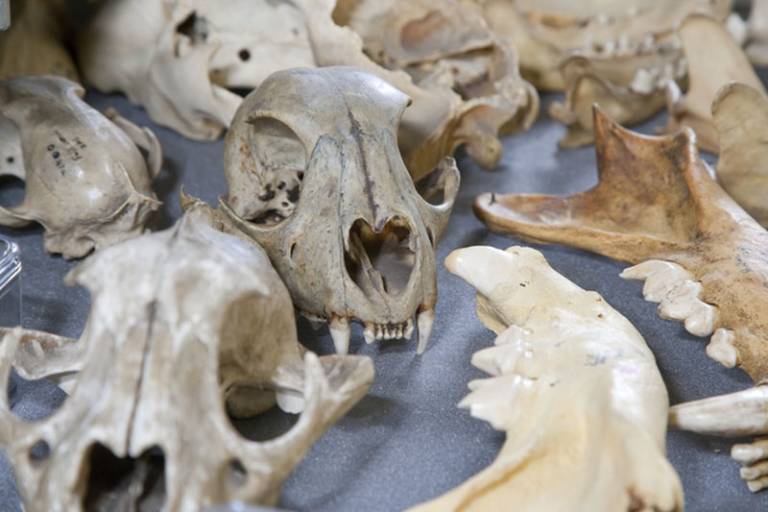The aim of the Zooarchaeology Research Network is to provide a forum for progressing zooarchaeological research at the UCL Institute of Archaeology.

The Institute of Archaeology's Zooarcheology Research Network brings together Institute research students, staff and external academics for seminars, discussion and meetings to generate new research. What started as an attempt to keep PhD researchers ‘networked in’ online during the pandemic has become a genuine engagement programme and a fruitful avenue for expanding research avenues, with the potential for forging collaborations, funding applications, and stimulating co-publications.
The network is hosted by the Institute of Archaeology with an international membership and has become an important forum for interaction for some relatively isolated researchers.
Topics
Current topics of interest for the network include but are not limited to:
- Zooarchaeological quantification comparing ZooMS with standard approaches
- Bird bones taphonomy from Bronze Age China
- Geometric Morphometric identification of bird bones
- Neolithic caprine pastoralism in Jordan
- Anglo Saxon pig husbandry
Recent seminar presentations included: 'Towards a metrical distinction between sheep and goat astragali'; 'Zooarchaeology of the Modern Era'; 'The creation of the Lisbon zooarchaeology reference collections'; 'FeedSax Project'; 'Archiving'.
Aims
The aims of the network include:
- Maintain network seminar series (ZooArch Lab Seminars) and expand participants
- Develop a web and social media presence for disseminating projects, publications and outputs
- Forge collaborative projects for grant applications (especially post-doctoral research applications to continue using Institute of Archaeology labs and resources)
- Digitise aspects of Institute zooarchaeology reference collections to allow wider access to students, academics, and the broader zooarchaeology community
- Develop outreach activities (including activities for key stage 5 (6th form) and key stage 2 (primary age)
Facilities
- Network activities are supported by the Institute's Zooarchaeology Research Laboratory.
 Close
Close

